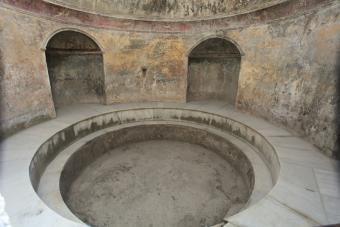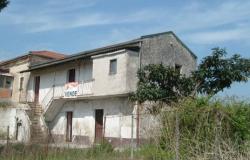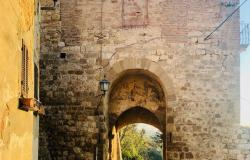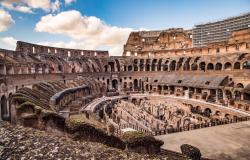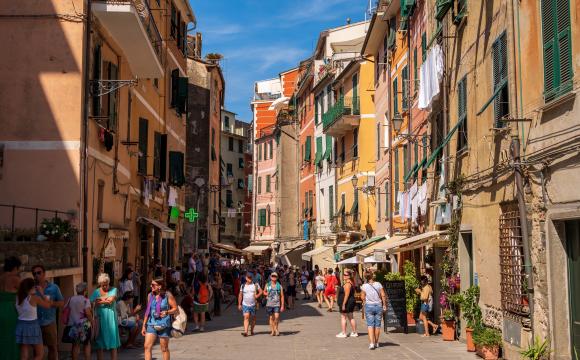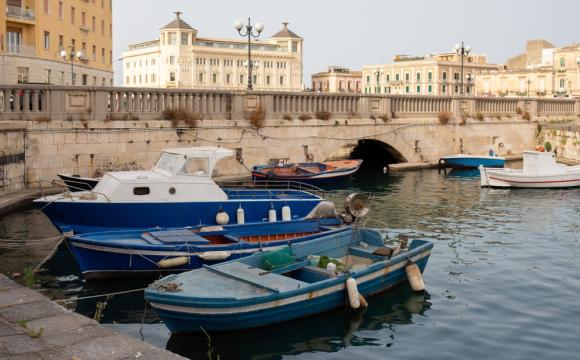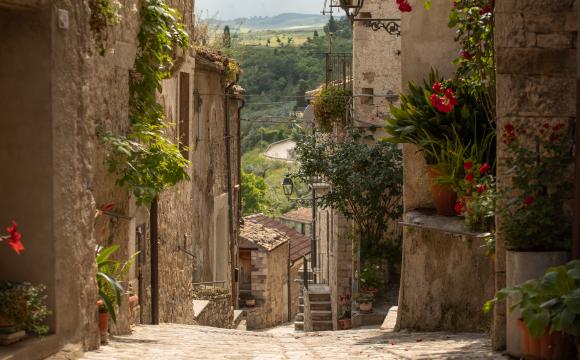A study of items located in the drains and on the floors of Ancient Roman baths reveals that they were used for more than bathing.
The study examined finds from 11 ancient public and military baths across the Roman Empire: in Italy, Britain, Portugal, Switzerland and Germany. Researcher Alissa Whitmore, a doctoral candidate in archaeology at the University of Iowa, reported the study’s findings at the annual meeting of the Archaeological Institute of America in Seattle.
Whitmore told ‘Live Science’: “For the Romans, the baths weren’t just a place to get clean, but this larger social centre where a variety of activities were taking place.”
The study looked at items found in the ruins of Ancient Roman baths and reveals that users ate while they relaxed taking a dip. Excavations at the baths in Silchester – once the Roman town of Calleva Atrebatum – in Hampshire, England turned up poppy seeds. Fragments of plates, bowls and cups together with the remains of shellfish, such as mussels, were unearthed at the Caerleon baths – the site of the Roman fortress, Isca Augusta – in Newport, Wales.
More bizarre, the study highlights the presence of a scalpel and even teeth, leading researchers to suggest that the baths may have been used for medical procedures such as tooth extraction. Other items found include dice and coins, indicating that the ancients gambled at the baths. The study also notes that needles were found, which may have been used by female bathers doing needlework or perhaps tailors, who chose to offer their services to bathers.
